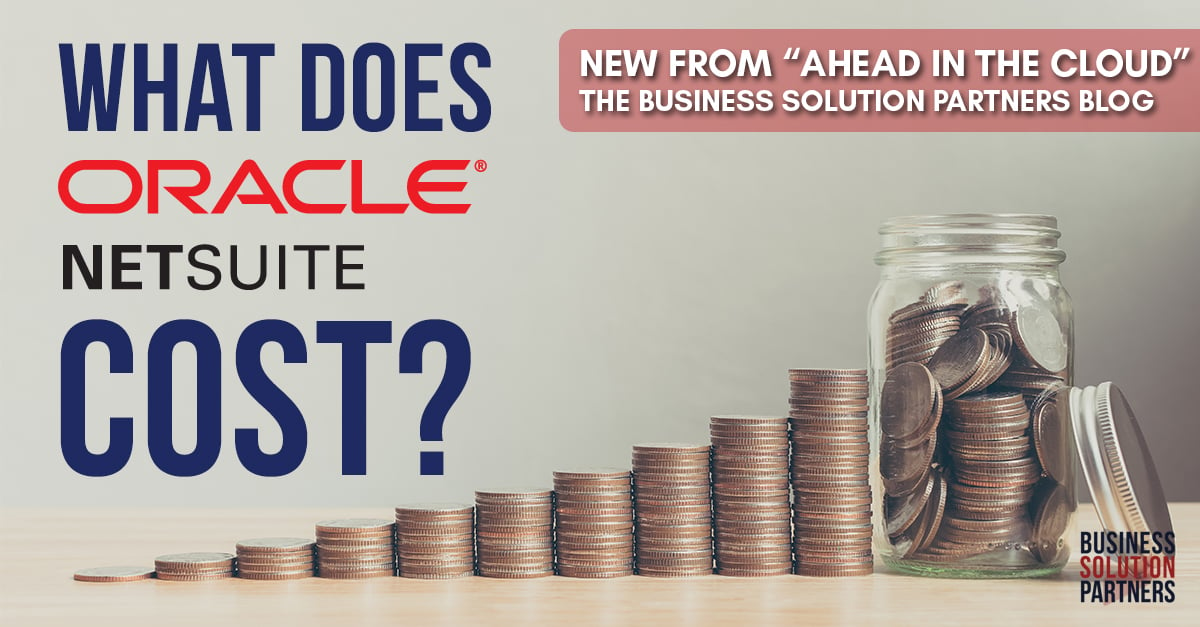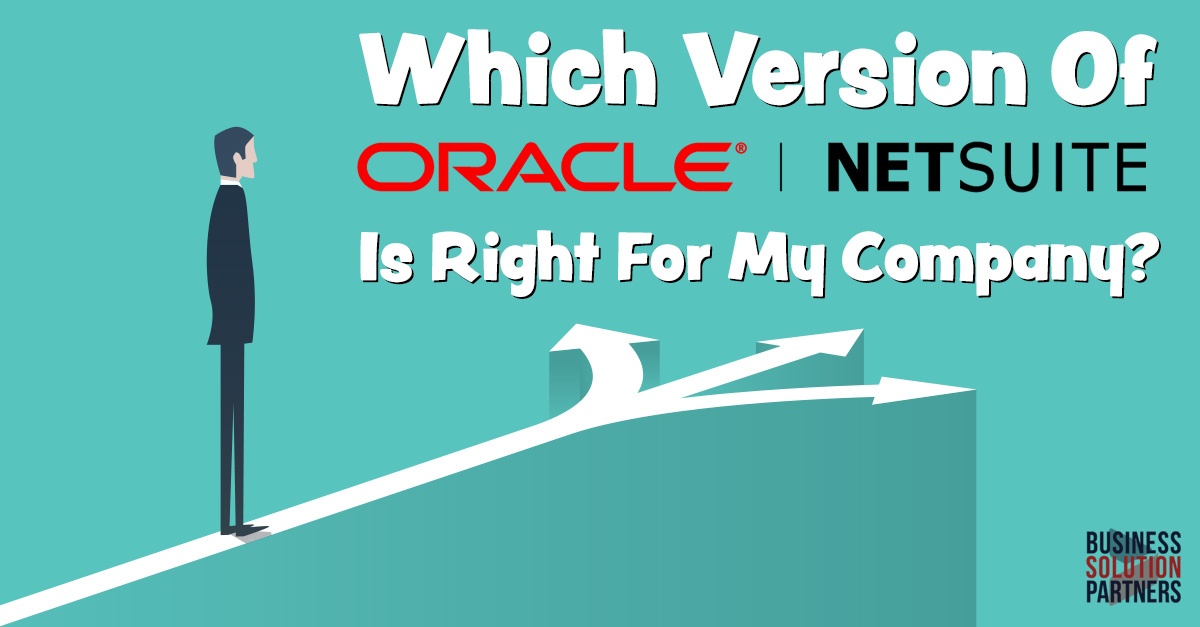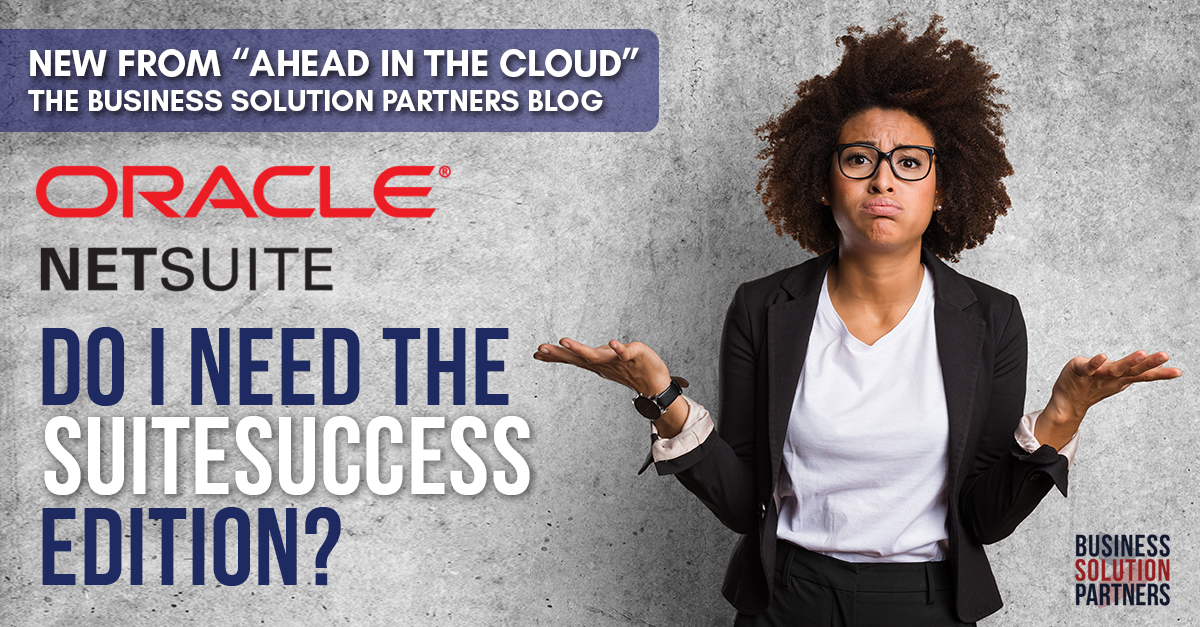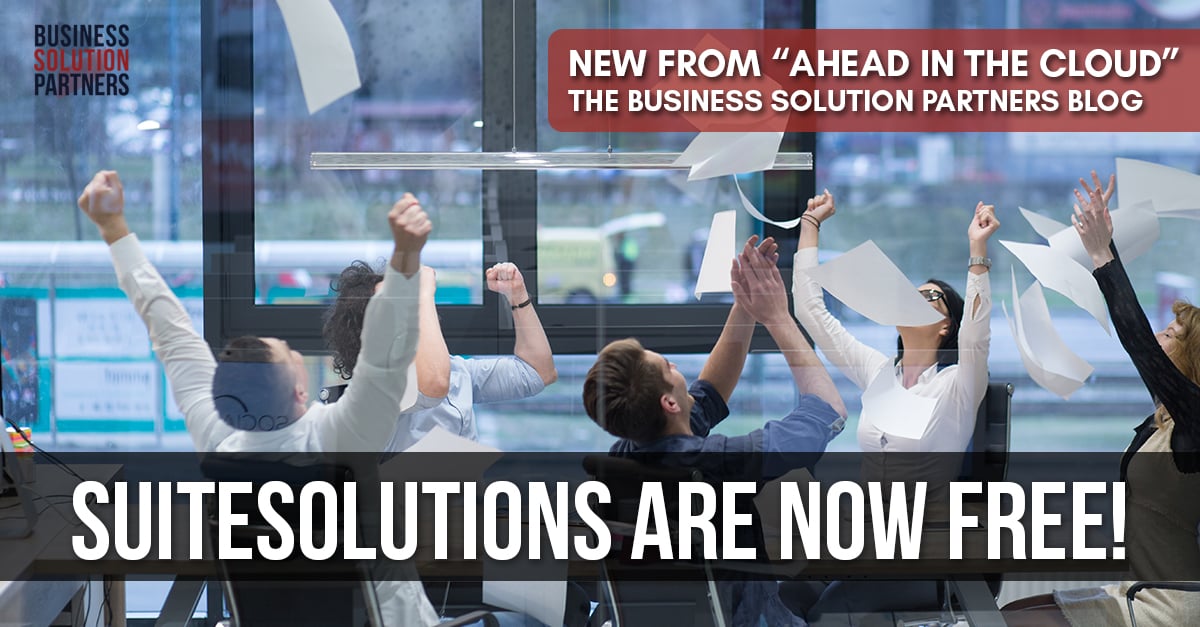Which Version of Oracle NetSuite Should I Consider?
To decide which version of NetSuite is best suited for your company, there are several factors to consider... Here are three critical questions you...

If you're in the market for a new ERP system, one of the first questions that you might be asking yourself is "What does it cost?" As everything in life, there is an easy answer, and a more complex one.
In our latest blog post, we seek to provide you with both answers, and one more compelling question you should be asking yourself in the process - "What Is The Cost Of Not Switching To NetSuite?"
The easy answer is that NetSuite has a flat core software fee, in addition to individual user licenses. Every business that utilizes the platform must go through a custom quoting process to determine these baseline fees, but this figure is never an accurate representation of a company's overall spend.
NetSuite serves many industries and has specific vertical solutions that bundle powerful add-ons to maximize the utility of the ERP for your business. The ideal way to get a complete understanding of the cost of NetSuite is to go through an official process to gather information about your company, and design the perfect NetSuite deployment for your specific needs.
However, we think the better question is:
"How much it will cost my company if we continue to delay migration away from on-premise legacy ERP systems to a cloud-based SaaS solution like Netsuite?"
The vast majority of companies can realize substantial savings with the onboarding of Oracle NetSuite. Consider the areas where NetSuite can enhance efficiency and minimize time spent on:
Let’s look at the many ways NetSuite saves your enterprise money:
1. NetSuite is a cloud based ERP. This means that your enterprise gets automatic application upgrades, security patches and data backup. You will not need a team of IT people to manually upgrade and maintain NetSuite.
Instead, your company can re-direct the time and efforts of its IT department to focus on innovation and increasing company growth.
2. The substantial costs of a legacy, on-site ERP is replaced with a reasonable (some would say nominal) monthly licensing fee. The costs of a legacy ERP are legendary! Servers and other infrastructural devices are expensive to buy and a money pit to maintain. When - not if - your legacy IT systems fail, you are literally at the mercy of the IT department.
With NetSuite’s cloud based ERP, you write one monthly licensing fee check and focus the full resources of your employees to company growth.
3. The licensing fee you pay to NetSuite is accounted for as an Operating Expense, not a Capital Expenditure. The shift from CAPEX To OPEX means that you can write off Netsuite’s cost in the year that it is incurred and clear the depreciating long-term capital investment from your legacy IT infrastructure from the books.
4. As your company grows, NetSuite scales with you. Whether you need additional user licenses, a simple module a la carte addition, a pre-packaged bundle, or a customized solution, NetSuite will keep pace with your growing business requirements.
Compare all of that to the migraine of realizing that your company’s growth has maxed out the capacities of your legacy systems. It's clear that a migration from on-site, legacy ERP systems to the cloud-based SaaS leader NetSuite is a move that will save your business time, money and headaches!
If you would like to learn more about the cost of NetSuite for your specific business, please click the link below to request a FREE Software Evaluation from our NetSuite experts at Business Solution Partners.

To decide which version of NetSuite is best suited for your company, there are several factors to consider... Here are three critical questions you...

If quick implementation of a cloud-based ERP software program (in 100 days or less) is important to your organization, then a NetSuite SuiteSuccess...

Effective December 1, 2018, SuiteSolutions are now free, and will be included with all new Oracle NetSuite implementations. What are SuiteSolutions...